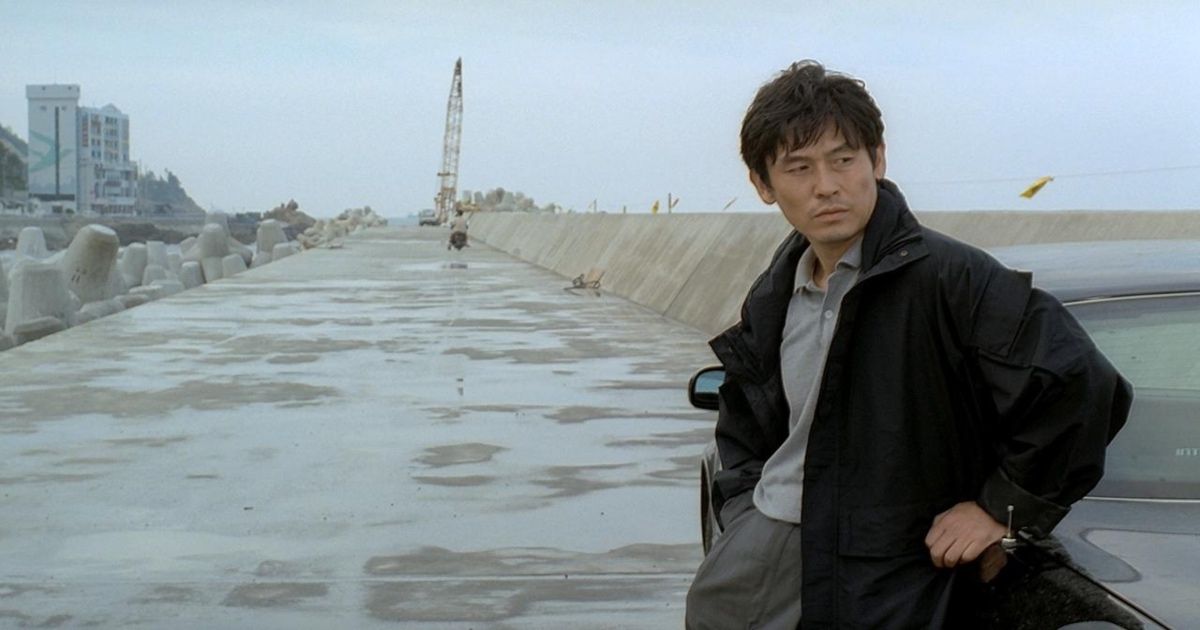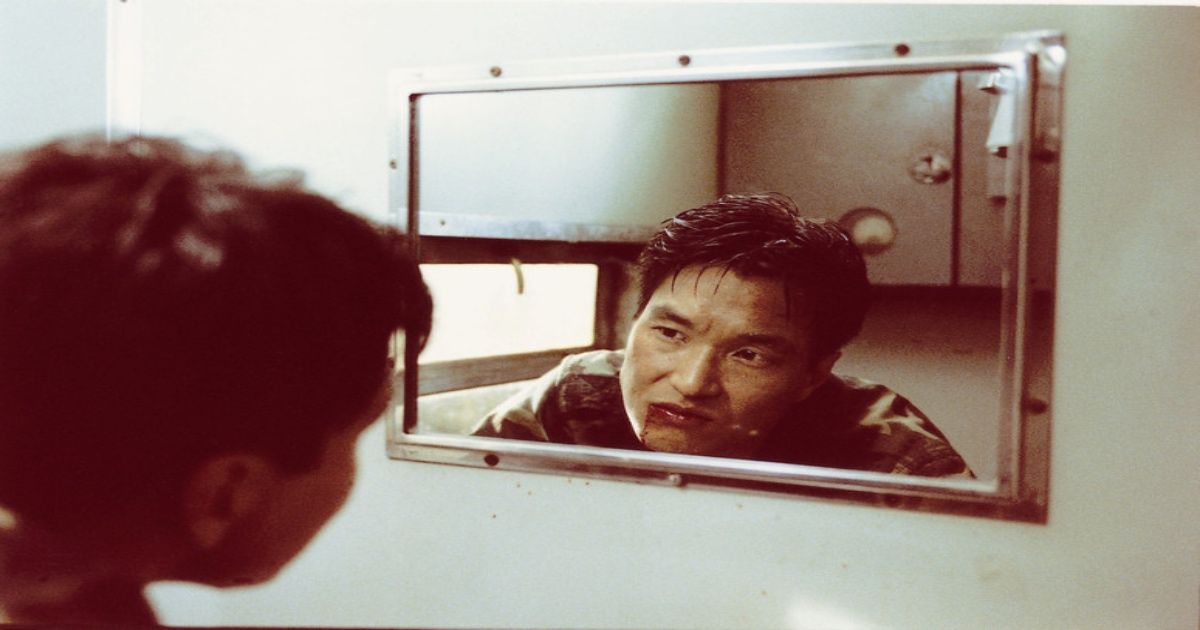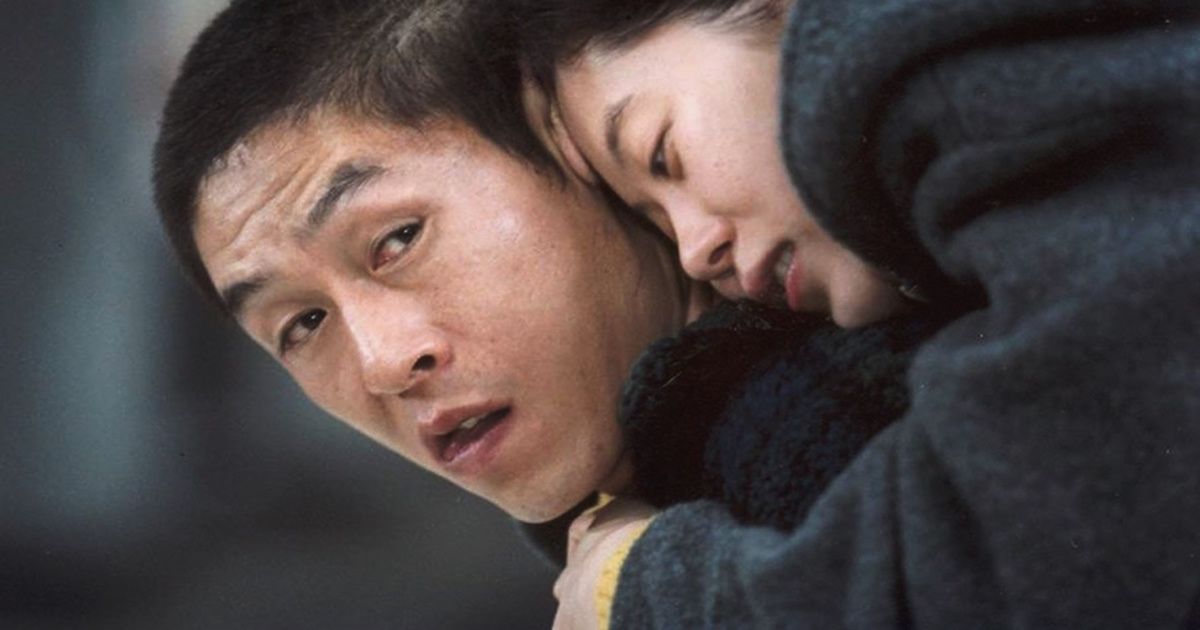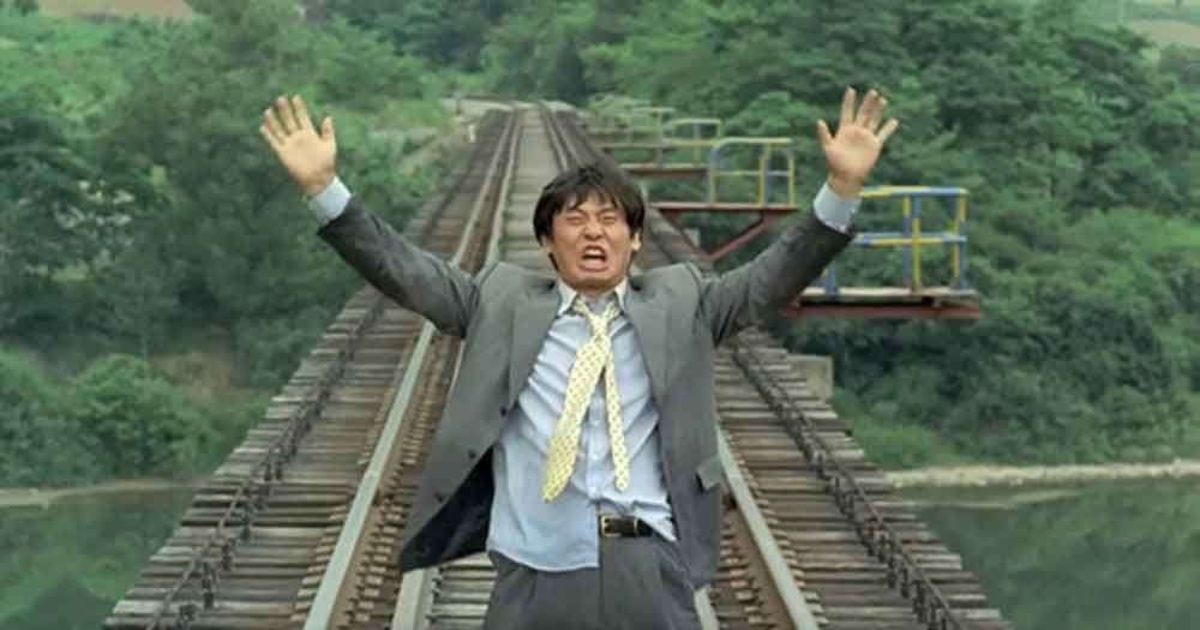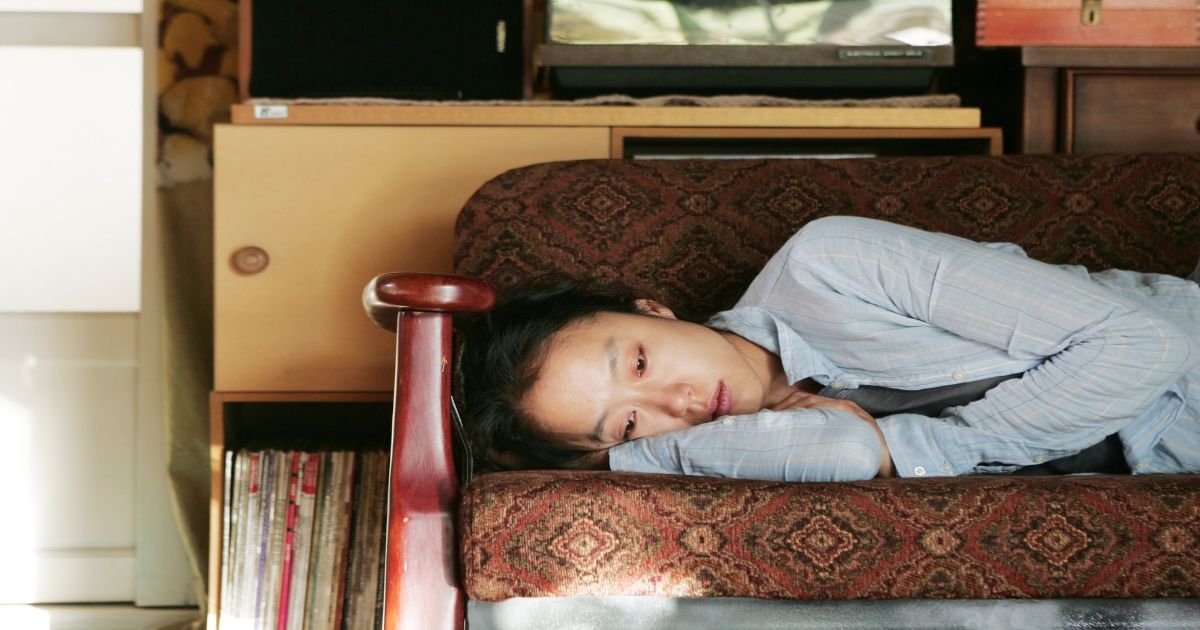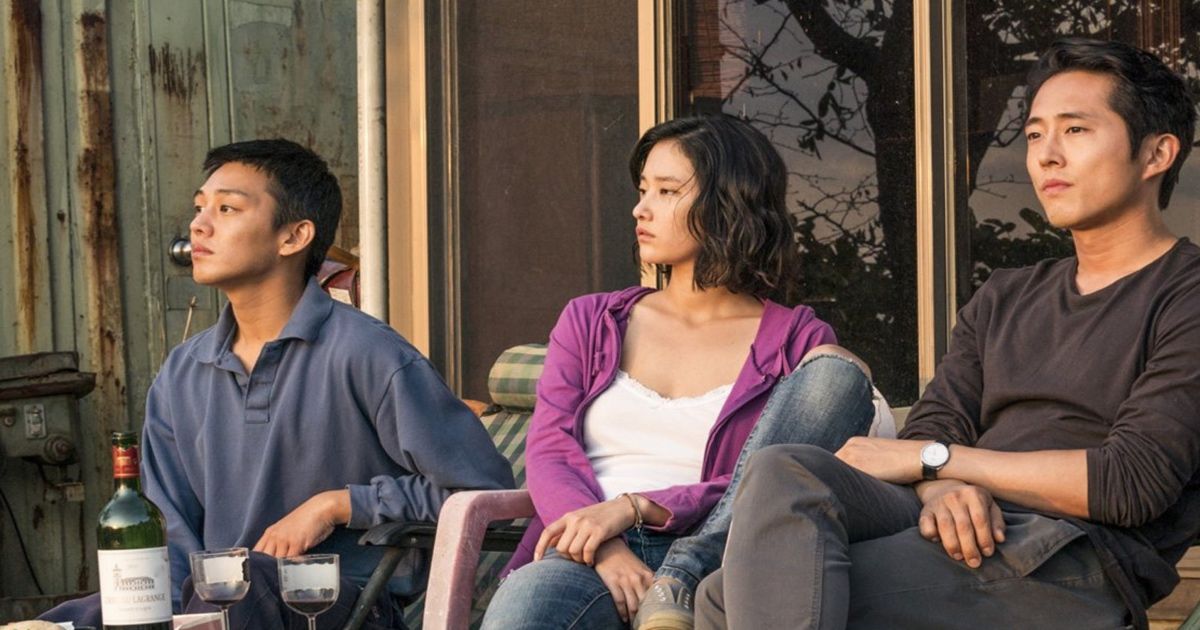South Korean director Lee Chang-dong has been a tour de force in global cinema for decades now. Born in Daegu, known as one of South Korea’s most conservative cities, he began his creative career as an undergraduate. He heavily focused on theater as a student, but upon graduating, he became a teacher and novelist. It was not until the 1990s, when he was approached by director Park Kwang-su to write the screenplay of one of his upcoming movies, that he formally began a career in the film industry. Lee had never taken a filmmaking course nor was involved with the industry beforehand, but this pivotal moment proved to be critical for Korean cinema despite eventually landing Lee on the government blacklist.
Lee came out with his directorial debut in 1997 with Green Fish. Using his literary background, he created a story that critiqued Korean society through the lens of an outsider to what is considered the status quo. In Green Fish, that is a young adult who accidentally gets caught up in crime. His follow-up, Peppermint Candy, continues this unique approach to building plot and character, shining a light on yet another person left behind by mainstream society. At the same time, Lee’s films began to get more attention, ultimately leading up to his most recent release, Burning, which became the first Korean film to land the Oscar shortlist for Best International Feature. These are his best films ranked.
6 Green Fish
Green Fish was Lee’s directorial debut with a feature-length movie, and it establishes the themes and concepts he would dive deeper into with his later films. Green Fish’s protagonist is Mak-dong, a recent discharge from the Korean military. He is heading home from his service but does not want to go home — he sees his hometown of Ilsan as a dull place that has rapidly modernized and gentrified in his absence. When he crosses paths with a young woman being harassed at a train station, his life becomes forever altered and entwined with organized crime, whether he wants it to or not.
5 Oasis
Released in 2002, Oasis won Lee and his cast several awards on the international film festival circuit. What is groundbreaking about this movie is that it depicts a relationship between a man with a mental disability, fresh out of a small stint in jail, and a woman afflicted with cerebral palsy. While both of them suffer from their conditions in the eyes of society and their families, their relationship serves as a form of understanding, even if it is fleeting and not meant to last for a long time.
4 Peppermint Candy
Peppermint Candy opens with a tragedy: its main character, Kim Yong-ho, climbs to the top of train tracks and stands in front of an incoming train, wishing he could go back in time. And so the movie does, telling his story in reverse to explain why he has become so disheartened with the future that he chose suicide over life. Not only is Peppermint Candy a powerful story with deep characterization involved, but it also provides critical context for an entire generation of contemporary Koreans. Having lived through multiple brutal dictatorships, the Gwangju Massacre, and the Asian Financial Crisis in 1997, many, like Yong-ho, simply were left behind.
3 Secret Sunshine
Song Kang-ho and Jeon Do-yeon star in Secret Sunshine, which landed Jeon the Best Actress Award at Cannes Film Festival for her performance. Lee Shin-ae (Jeon) recently lost her husband in an accident and decides to start over with her son in a new town. One night, when she returns home from a party, she discovers that her son is missing, sparking a new wave of tragedy in her life. Secret Sunshine is difficult to watch, like several others of Lee’s films, but it is well-rewarding in its final arc and beautifully acted.
2 Burning
Regarded as one of the best South Korean releases in its contemporary history, Burning swept audiences internationally. With a cast consisting of Yoo Ah-in, Jeon Jong-seo, and Steven Yeun, this visually lush movie takes a Haruki Murakami short story and philosophically expands on it to question youth, reality, and life. When a young man (Yoo) runs into a former childhood friend that he does not recognize (Jeon), it sparks a series of events where they both meet a man who speaks and acts strangely (Yeun). But when one of them goes missing, it warps and becomes a psychological thriller.
1 Poetry
What does one do when they start to forget basic words like “apple”? Will pursuing an art form and mastering language, as one does in poetry, save core memories? That is the question that Poetry lingers on. A 66-year-old woman is showing early signs of dementia, so she decides to enroll in a poetry class. However, she takes care of her 16-year-old grandson, who, with a group of friends, sexually assaulted a female classmate who killed herself after the fact. As Mi-ja becomes entangled in a plot to pay off the dead girl’s parents, the movie, like poetry, finds beauty in sadness.

